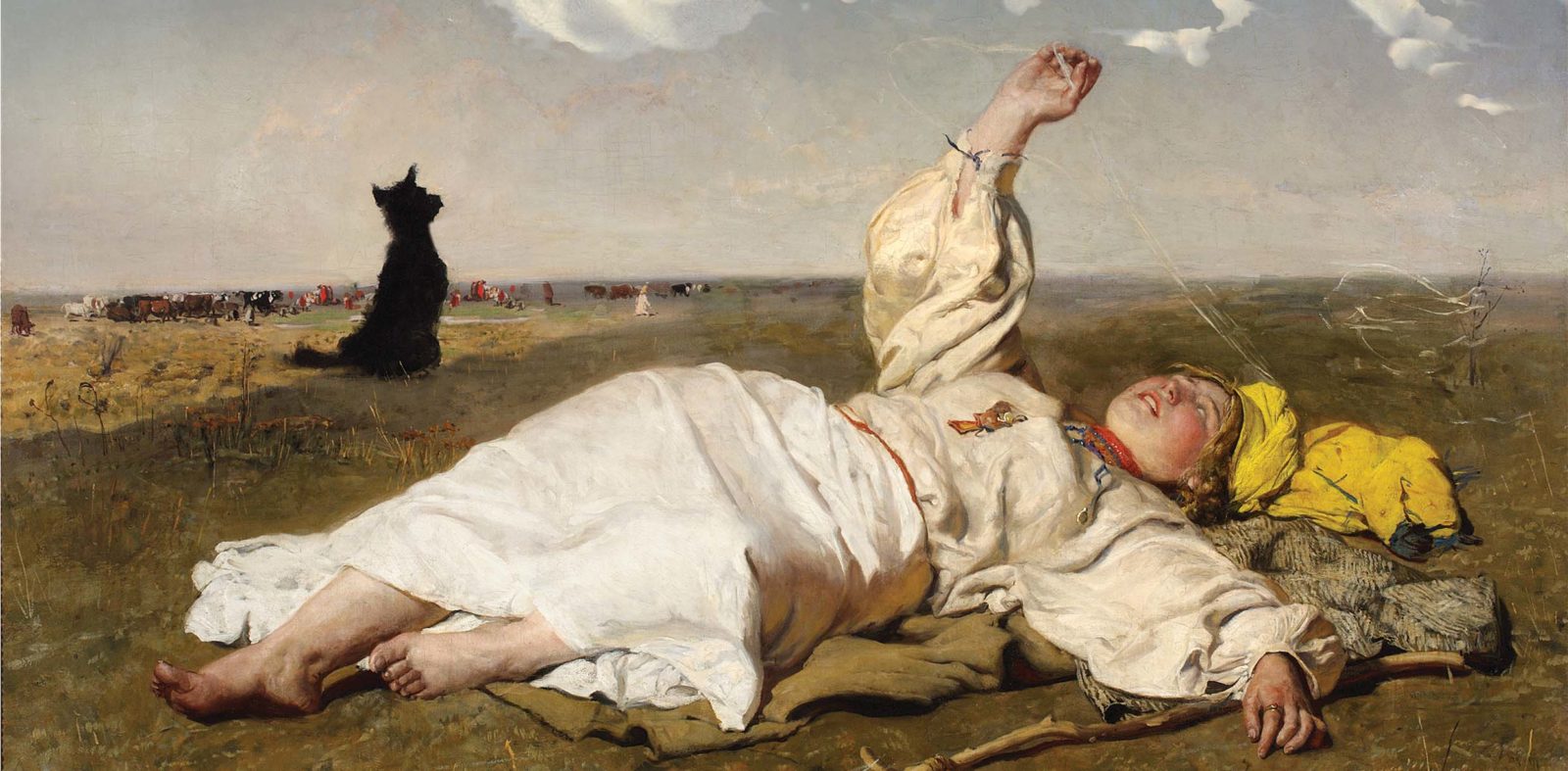Constructions of Central Europe in Contemporary Polish Literature. Phantoms and Revisions of a Mental Map
Doctoral Researcher
Ricarda Fait-Bartholomäus

The doctoral project analyses contemporary Polish literature published between the historical turning points of the so-called ‘eastern enlargement’ of the EU in 2004 and Russia’s full-scale invasion of Ukraine in 2022. The literature participates in an aesthetic, discursive and predominantly postcolonial construction of Central Europe (Europa Środkowa) as a ‘mental map’. Following the already widely received essays by Andrzej Stasiuk and Jurij Andruchovyč, new and current constructions of Central Europe will be considered. The aim of the project is to demonstrate continuations and rewritings of geopoetic imaginaries of Central Europe in Polish literary works. It highlights references to cultural or historical spatial phantoms such as ‘Kresy’ or Galicia, as well as critical revisions of cultural memory. In particular, the Jewish heritage of Central Europe and the absence of Jewish life as a consequence of the Shoah are dominant layers in recent constructions of Central Europe. The theoretical framework of the project is based on the concepts and dynamics of mental mapping, postcolonial criticism, and memory studies. It focuses on selected prose and poetry by Olga Tokarczuk, Tomasz Różycki and Ziemowit Szczerek. The works will be analysed by examining geopoetic strategies, using the results of ‘close reading’ and contextual analysis, particularly intertextual references.